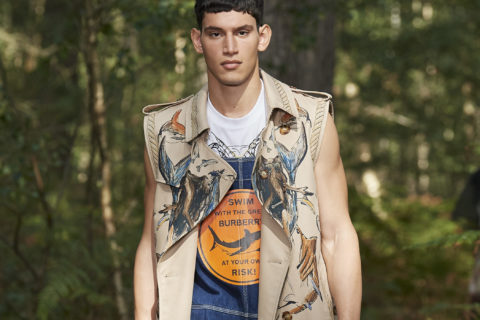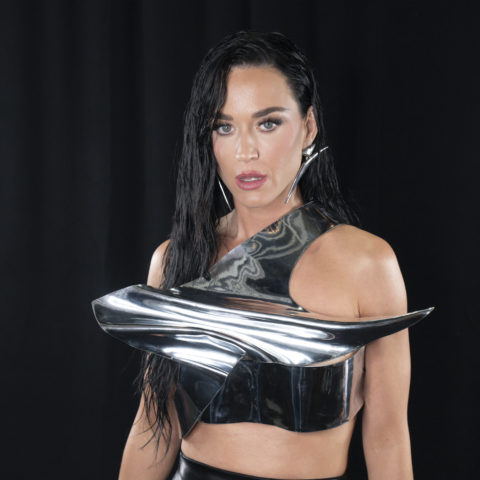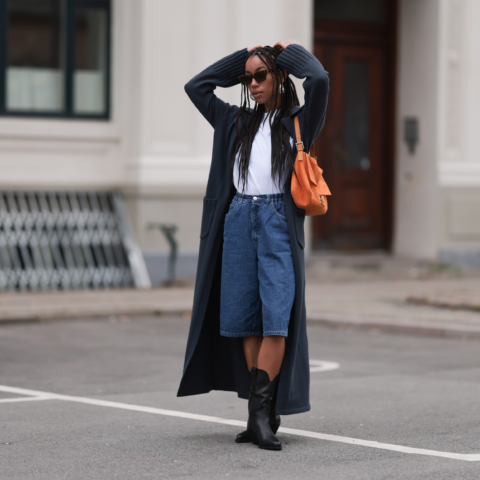Burberry Aims To Be Climate Positive By 2040
The news comes after last year's arrival of the Burberry Regeneration Project.
In an effort to address the massive negative environmental impact of the fashion industry, British luxury heritage label Burberry has revealed its plan to become climate positive by the year 2040. In addition to its pledge to “cut emissions across [its] extended supply chain by 46% by 2030,” as outlined in a press release, the brand announced its “support for the Fashion Avengers, a coalition of global fashion organizations that have come together to inspire action towards achieving the UN’s Sustainable Development Goals (SDGs)” as well as for other advocates working in the environmentalism space. A component of Burberry’s alignment with the Fashion Avengers includes its involvement in Forest for Change, an Es Devlin-designed installation spearheaded by the UN Global Goals project that’s part of the 2021 London Biennale festival.
View this post on Instagram
The pledge goes further by stating that Burberry will invest in initiatives that “protect and [restore] natural ecosystems that remove carbon from the atmosphere,” as well as “climate resilience projects that empower vulnerable, frontline communities to adapt to changing realities and protect livelihoods.” This is particularly noteworthy in the conversation about climate change and fashion, as garment worker welfare and sustainability are inextricably linked.
Today’s news comes after the introduction of the Burberry Regeneration Project last year, the launch of which saw the brand partner with PUR Projet — a service focused on assisting companies to “regenerate the ecosystems they depend on,” as per its website. Efforts will be directed on implementing a “regenerative agricultural programme with [Burberry’s] wool producers in Australia.”
There’s been mounting pressure for brands both luxury and mass to swiftly address their part in climate change and adopt improved manufacturing measures as soon as possible. For example, Chanel recently presented a Cruise collection that included the use of “eco-friendly” fabrics. And with a growing swell of consumers wanting to shop from sustainably-minded brands, we’ll likely see more moves like this in coming months.








